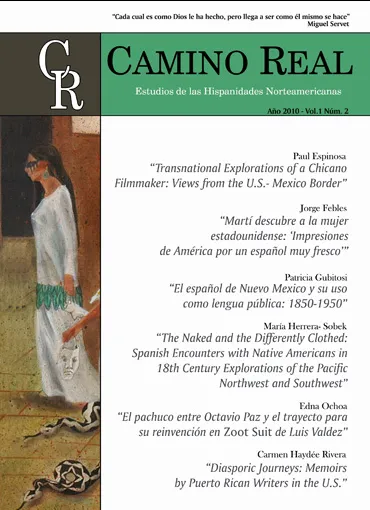
This essay offers a brief overview of my filmmaking work over the last 30 years, during which I have focused on the U.S.-Mexico border region, producing films principally for PBS, the public television system in the United States. Through collaboration with many other filmmakers, I’ve had the opportunity to examine many key moments in the transborder history of the region. These films were broadcast to a national audience in the US and have also been screened in numerous festivals in Latin America and around the world. My films have focused on themes and periods of significance to the transnational U.S.-Mexican community, including: the war between Mexico and the United States in the 19th century (The US-Mexican War: 1846-1848); the fight by Mexican American miners in the early 20th century to create a labor union in the Phelps Dodge mines of Arizona (Los Mineros); the journey north of generations of Mexican immigrants, represented by the trail which one family followed from Baja California to San Diego, California (The Trail North); the dramatic raid by Mexican General Francisco “Pancho” Villa on the small community of Columbus, New Mexico in 1916, and the American expedition sent to capture him (The Hunt for Pancho Villa); the fascinating story of Pedro J. González, from his days in the Mexican Revolution with Pancho Villa to his recording stardom in Los Angeles in the 1930s (Ballad of an Unsung Hero); the struggle of Mexican parents in San Diego to secure equal educational rights for their children (The Lemon Grove Incident); the lives of undocumented Mexican families in California after the passage of the Immigration Reform and Control Act of 1986 (In the Shadow of the Law); the sharpening tensions between affluent suburbs in southern California and the Latino immigrants living nearby in primitive conditions (Uneasy Neighbors); the dramatic growth and development of Mexican border cities (The New Tijuana); the unfolding drama of the permeable U.S.-Mexico border (The Border); and the challenges of migrant workers and their children as they struggle to survive on the migrant trail (…and the earth did not swallow him).


